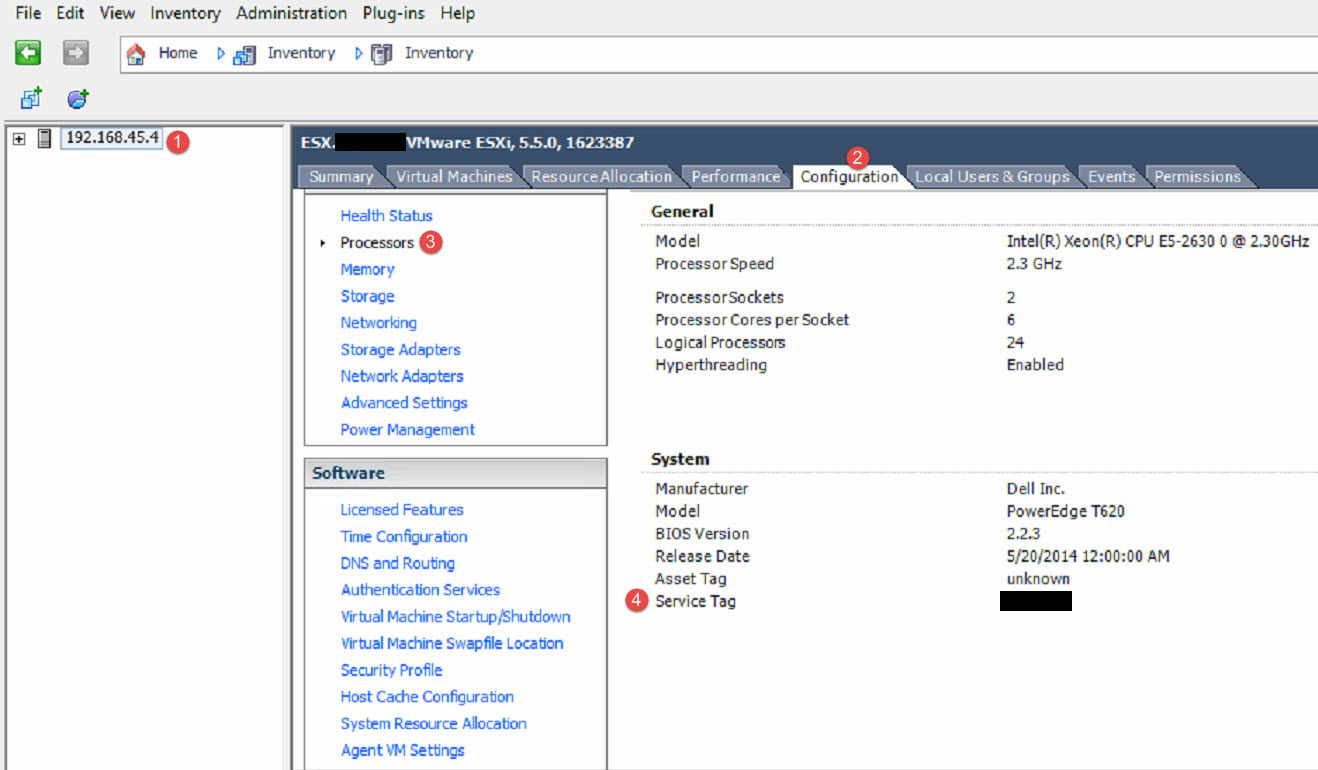My goals for this personal / professional blog are constantly changing; however, the one I promised myself I would stick to above all else is frequency. A post a week come hell or high water. I was surprised to see my last post was exactly one month ago. Sheesh!
In the interim I watched a GaryVee video about content creation. His mantra? Document, Don't Create.
So, Resolution Numero Uno....a weekly post for 2017. I want to look back on at least 52 posts at the end of the year.
Number Two: Personal Finance. I'm embarrassed to admit how neglectful I've been when it comes to knowing how much I'm spending on what, what my credit score is (It was lower than I would have guessed), the intricacies of how one's credit score is calculated, etc.. So as with most things I'm looking to learn more about, I turned to Reddit. In just a few minutes I discovered the Personal Finance subreddit which is loaded with really good information and constructive back-and-forth discussions. I dusted off my old Mint account and updated it with all my current financial information. I categorized all transactions so the budgeting and goals graphs are actually relevant. I signed up with Credit Karma and took a thorough look at my credit report. Surprise, surprise! A closed collections in regards to a forgotten cable modem from our move to Mississippi. I remembered paying it in full the day the collections company called me (almost two years ago) and was told that due to my swift response, the collections would not be reported. I was able to dispute that with just a few clicks from inside Credit Karma. While researching some stuff that I read on the PF subreddit, I ran across Nerd Wallet. I'll be sure to post an update after more research
Number Three: Stretching. Remembering how amazing I felt after X Stretch days, I vowed to find a good stretching routine on YouTube that didn't take quite as much time as one from P90X. I found this routine that takes about twenty minutes. My goal is three times a week.
Number Four: Posture. I hate my posture....more to follow!



